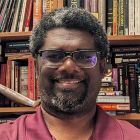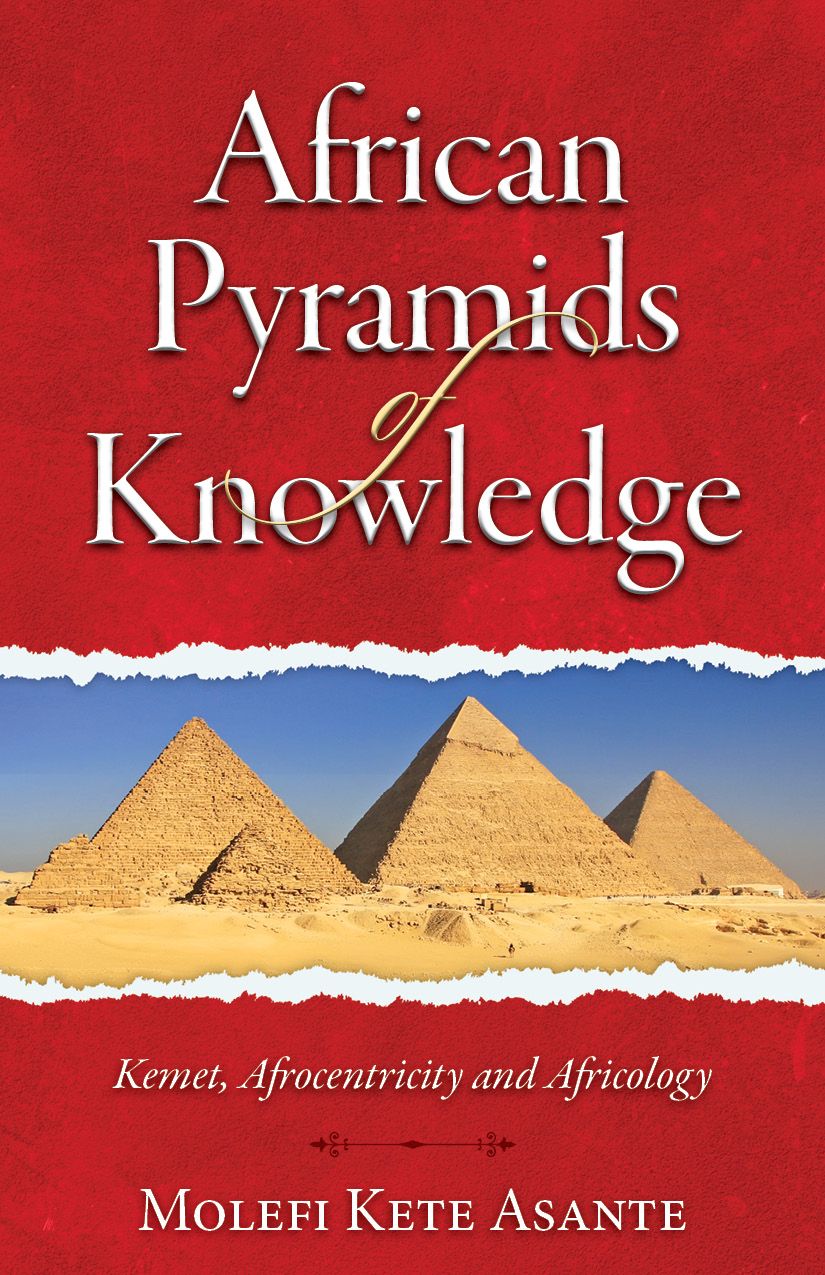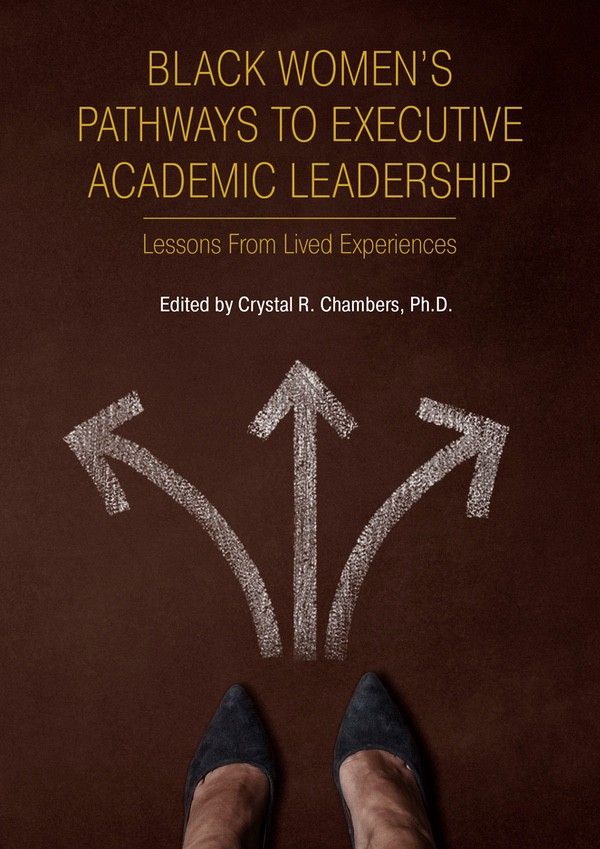Contributing Author/s

M. Keith Claybrook, Jr., Ph.D.
Africana Studies, Possibilities, and Employability
What can we do with a Black Studies Degree: Everything. Especially Now!
Africana Studies, Possibilities, and Employability
What can we do with a Black Studies Degree: Everything. Especially Now!
In 2023, I published “Why Black Studies?” to address common questions and concerns that are generally raised about majoring in Africana Studies (aka Black Studies, African American Studies, Pan African Studies, Africoloy) by high school students and their parents. Then, in March 2025, I attended the National Council of Black Studies (NCBS) National Conference where panels and a conversation with Dr. David “Kalonji” Walton, led me to revisit and expand parts of my initial discussion highlighting the possibilities and employability of students with an Africana Studies degree. Many graduates of Africana Studies become quite successful producing excellent students who went on to be successful in graduate school as well as in the workforce, because they developed hard and soft skills as well as increasing their self-confidence that enhanced their possibilities and employability.
The inaugural chair of the Black Studies Department at San Fransico State, Nathan Hare asserted that “it is a folly to omit technical skills (mathematics, engineering, medicine), taught from a black perspective in, of, and by the black community.”1 Echoing this sentiment, Black Studies luminary June Jordan asserted that Black people must know themselves (individually and collectively) as well as their profession, positing:
The engineer, the chemist, the teacher, the lawyer, the architect, if he is Black, he cannot honorably engage career except as Black engineer, Black architect. Of course, he must master the competence, the perspectives of physics, chemistry, economics, and so forth. But he cannot honorably, or realistically, forsake the origins of his possible person. Or she cannot. Nor can he escape the tyranny of ignorance except as he displaces ignorance with study: the study of the impersonal, the amorality of the sciences anchored by Black Studies.2
Africana Studies is more than learning Black history and “Black stuff.” The discipline of Africana Studies has multiple subject areas including but not limited to history, spirituality/ religion, sociology, politics, economic, visual and performing arts, media, journalism, as well as psychology. Africana Studies students, then, are exposed to many topics and key areas in the lived experiences of African people and people of African descent making them well rounded in their knowledge base and understanding of the world. Essentially, they take their academic training as well as their critical thinking skills and apply them to real world issues and careers.
I stated previously that Africana Studies, “assists in the development of skills employers look for in job candidates.”3 It is not surprising, then, that Robert Fikes has been able to list over one thousand notable people in their respective fields that hold degrees in Africana Studies working in fields such as medicine and health, science and technology, business and industry, law and criminal justice, creative and performing arts, and much more. Many fields need professionals with a working understanding of African American history, culture, and perspectives. Consider for example, medical professionals who understand the African American experience will be more attuned to specific factors that may affect their African American patient’s health.4 It may also increase trust and relatability between doctor and patient. Also, attorney’s may be better able to represent their clients with an understanding of African American life. In addition, many visual and performing artists, museum curators, and other creatives can draw upon the history and culture of African Americans for inspiration for their innovation. Lastly, the increasing development and usage of artificial intelligence (AI) benefit from programmers who can include the African and African diasporic experience and worldview into the programming and usage of AI. This would help avoid programming stereotypes or offensive content into the program. Essentially, given that Africana Studies draws upon multiple subject areas, graduates of Africana Studies bring a diversity of knowledge and skills to their chosen profession.
Many Africana Studies graduates have gone into teaching k-12, higher education, research, social work, and the non-profit sector as well. But as Fikes reveals, many Africana Studies graduates also went into psychology, became entrepreneurs, as well as into Science, Technology, Engineering, and Mathematics (STEM) and more. I argue this variety of possibilities and employability is because Africana Studies encourages the development of both hard and soft skills employers find valuable. A hard skill is a specific teachable ability, job, or task, while soft skills are interpersonal and behavioral characteristics usually transferrable to different settings. For example, research is a hard skill developed in Africana Studies where data collection, analysis, fact checking, interpretation, and presentation of findings both oral and written are advanced. These research skills may be qualitative, quantitative, or both depending on the student’s area of interest and specialization, as well as different methods such as surveys, focus groups, archival research, discourse analysis, and more.5 Africana Studies, then, teaches hard skills that are transferrable to many employment opportunities.
Africana Studies also develops soft skills such as critical thinking, evaluation, synthesis, and problem solving that pair well with a host of other hard skills. In fact, Forbes lists emotional intelligence, creativity, teamwork, relationship building, adaptability, and presentation skills as essential soft skills. Here, corporate branding veteran and entrepreneur William Arruda asserts,
Here’s the magic of these social skills is that they work together. When you boost your emotional intelligence, you become a better team player. When you’re a better team player, you build stronger relationships. Stronger relationships lead to more creative collaborations. And when you can present your ideas effectively, you win more opportunities.
The ability to work efficiently and individually without supervision as well as the ability to work effectively with others are essential soft skills. In fact, Africana Studies encourages cultural sensitivity, respect for differences, and working across diverse identities. Together with dependability, willingness to learn, and open-mindedness, which are transferable skills across careers, the Africana Studies graduate is highly skilled.
It is not uncommon for Africana Studies instructors to assign collaborative projects, independent research and writing projects, and presentations with set deadlines. Each of these assessment strategies hone soft skills employers need. Competency in the field along with hard and soft skills to do the job are needed. In fact, Shivdeep Dhaliwal of Yahoo! finance references Chamath Palihapitiya investor and former Facebook executive and Mark Zuckerberg of Meta believe that AI prompt engineers who train chatbots are in high demand and does not require a tech background. Dhaliwal adds, “The role does not require a tech background, but strong logical thinking and basic computer skills are beneficial. As AI adoption accelerates, companies are prioritizing skills over experience in hiring.” Although Palihapitiya suggests “philosophy psychology, history, physics and English writing,” what he is really doing is spotlighting disciplines that develop critical thinking and problem solving skills, as well as analytical reading and effective writing skills. Africana Studies, then, is one of those disciplines that creates opportunities both in and out of the classroom to develop hard and soft skills with self-confidence enhancing possibilities and employability.
There is a need for students specifically, and all people in general, to have a healthy self-concept that encourages and nurtures a healthy relationship between the individual and the collective. One where the individual uses their individual talents and interests for the advancement of the collective, while the collective reaffirms and supports the interests of the individual.6 This growing self-concept increases the student’s self-confidence. Africana Studies, with its emphasis on cultural grounding, academic excellence, and social responsibility7 fosters a needed and healthy self-concept increasing self-confidence. Being grounded in and reaffirmed by ones culture, history, and identity increases self-confidence, translating into increased matriculation and graduation, as well as the development of a sense of purpose in life and profession leading to increased possibilities as civic participants, workers, consumers, entrepreneurs, and more.
I have stated previously that Africana Studies “connects with Black students culturally, emotionally, and intellectually because they are reaffirmed by the course content.”8 As a result, “the students find value and relevance in what they are learning.”9 This self-confidence, then, not only leads to increased matriculation and graduation, but also the poise and assurance needed to be successful graduate students as well as employees and entrepreneurs. Non-Black students, especially white students, also benefit from Africana Studies. Christine Sleeter highlights the academic and social value of Africana Studies and other Ethnic Studies degrees across racial and ethnic lines.10 This increases the self-confidence of non-Black students as they have increased their awareness of African American experiences leading to improved interaction and collaboration on matters and projects of mutual interests. A Yoruba proverb from Nigeria says, “We get together to make a wise decision and not a stupid one.” In other words, cooperation and meaningful dialogue are needed to come to sensible conclusions. In this context, the goal and function of Africana Studies is not limited to the “Ebony Tower,” because it is in service of African and African Diasporic peoples, society, and the world. Hare asserts, the task of Africana Studies is to “bring both the college to the community and the community to the college.”11 This level of cooperation serves the public good by addressing critical concerns, discussing possibilities and innovations, while building bridges between academicians and other segments of the populace. In the classroom setting, collaborative projects, which is a high impact educational practice, are commonly used assessments providing students with the opportunity to practice working collaboratively with others as well as increasing their confidence in themselves. When this occurs across racial, ethnic, gender, class, and other diverse lines, it puts into practice the skills and confidence employers value. In both instances, Africana Studies students a provided the opportunity to learn to work with others, often across race, gender, class, sex, ability, and other varied groups. This is consistent with the development of soft-skills employers desire.
Ultimately, Africana Studies creates and provides many possibilities and employment opportunities for its graduates. They acquire hard and soft skills as well as the self-confidence to enter graduate school and the workforce competitively. High school students and their families as well as employers should utilize Africana Studies for the possibilities and employability it provides.
1 Nathan Hare, “A Torch to Burn Down A Decadent World,” Black Scholar, (Vol. 2, No. 9, 1970, pgs. 2-5) p. 2.
2 June Jordan, “Black Studies: Bringing Back the Person,” Civil Wars (Boston, MA: Beacon Press, 1981) p. 65. https://search-alexanderstreet-com.csulb.idm.oclc.org/view/work/bibliographic_entity|bibliographic_details|4390124.
3 M. Keith Claybrook, Jr., “Why Black Studies?” Black Perspectives, September 26, 2024: https://www.aaihs.org/why-black-studies\.
4 Nicole Rockich-Winston, Taryn R. Taylor, Joslyn A. Richards, DeJuan White, and Tasha R. Wyatt. “‘All Patients Are Not Treated as Equal’: Extending Medicine’s Social Contract to Black/African American Communities.” Teaching and Learning in Medicine (34 (3), 238–45, 2021). doi:10.1080/10401334.2021.1902816.; Thomas, A. LaVeist, Carroll T. Race of physician and satisfaction with care among African-American patients. Journal of National Medical Association. (94(11), 937-43, 2002).
5 Serie McDougal, III. Research Methods in Africana Studies. Revised edition (New York: Peter Lang, 2017.)
6 Kwame Gyekye, African Cultural Values: An Introduction (Philadelphia: Sankofa Publishing Co., 1996) p. 50-51.
7 Maulana Karenga, Introduction to Black Studies, 4th Edition (University of Sankore Press: Los Angeles, 2010) p. 25-26.
8 M. Keith Claybrook, Jr., “Why Black Studies?” Black Perspectives, September 26, 2024: https://www.aaihs.org/why-black-studies\.
9 M. Keith Claybrook, Jr., “Why Black Studies?” Black Perspectives, September 26, 2024: https://www.aaihs.org/why-black-studies\.
10 Christine E. Sleeter, The Academic and Social Value of Ethnic Studies: A Research Review. National Education Association, 2011.
11 Nathan Hare, “The Battle for Black Studies,” Black Scholar, (Vol. 3, No. 2, 1972, pgs. 32-47) p. 33.
Disclaimer:
Article Tags
Related Title/s
Contributing Author/s



